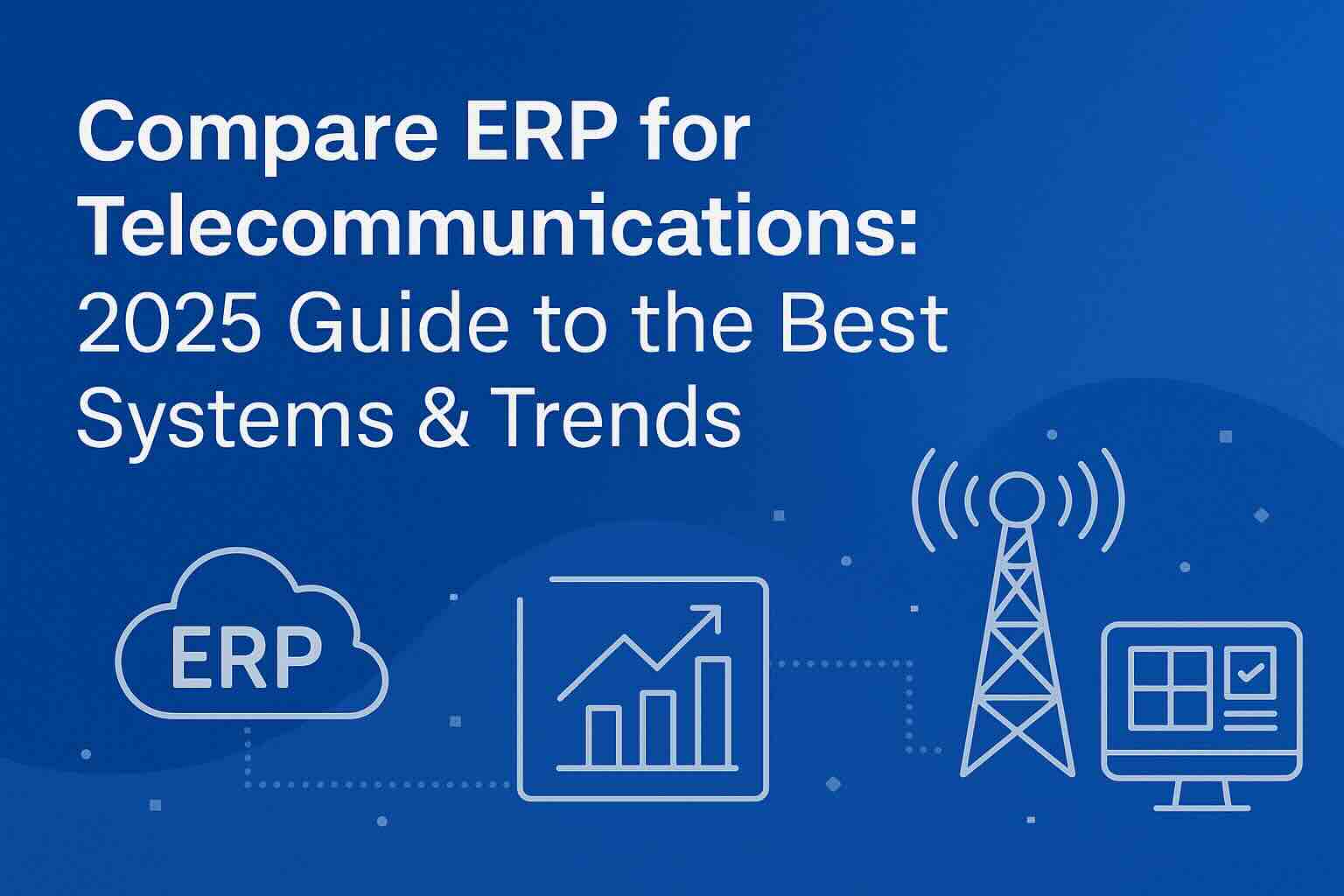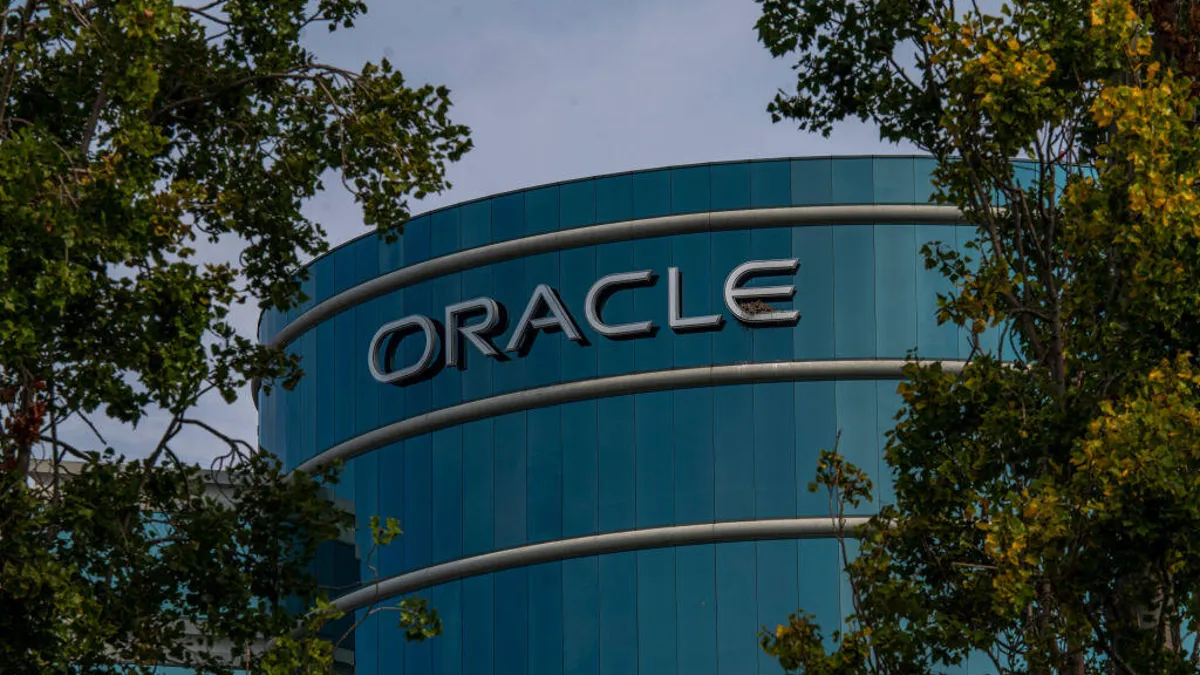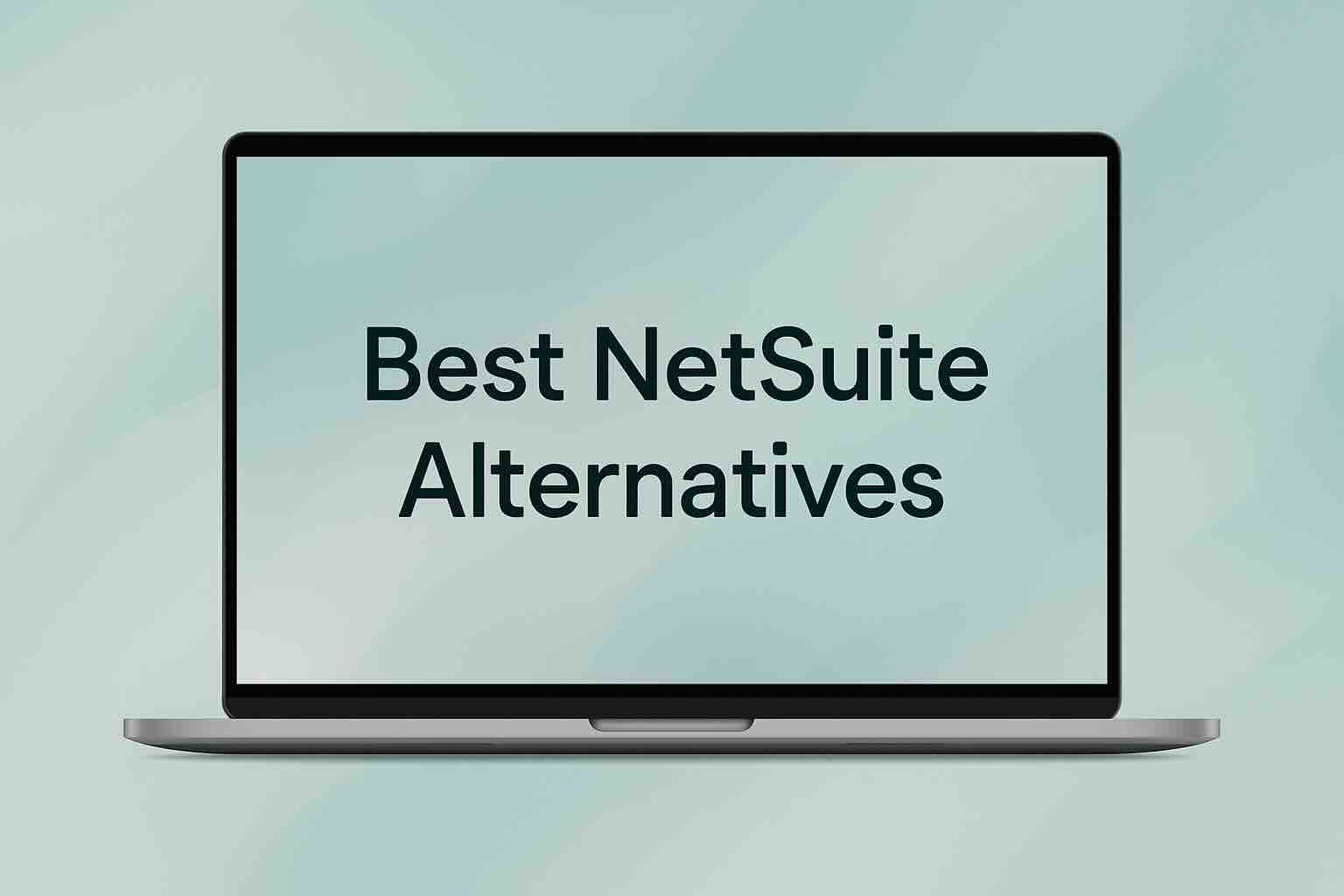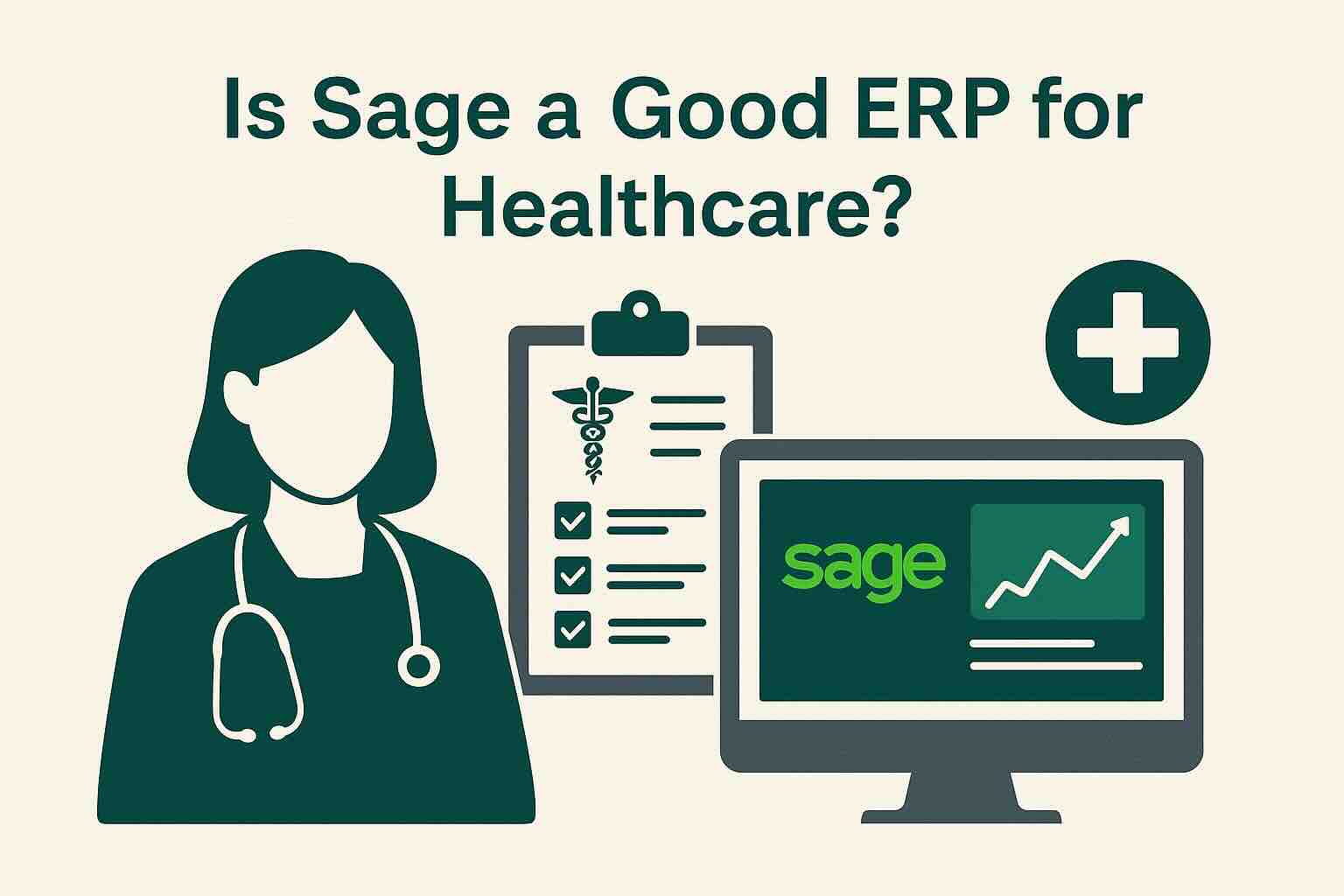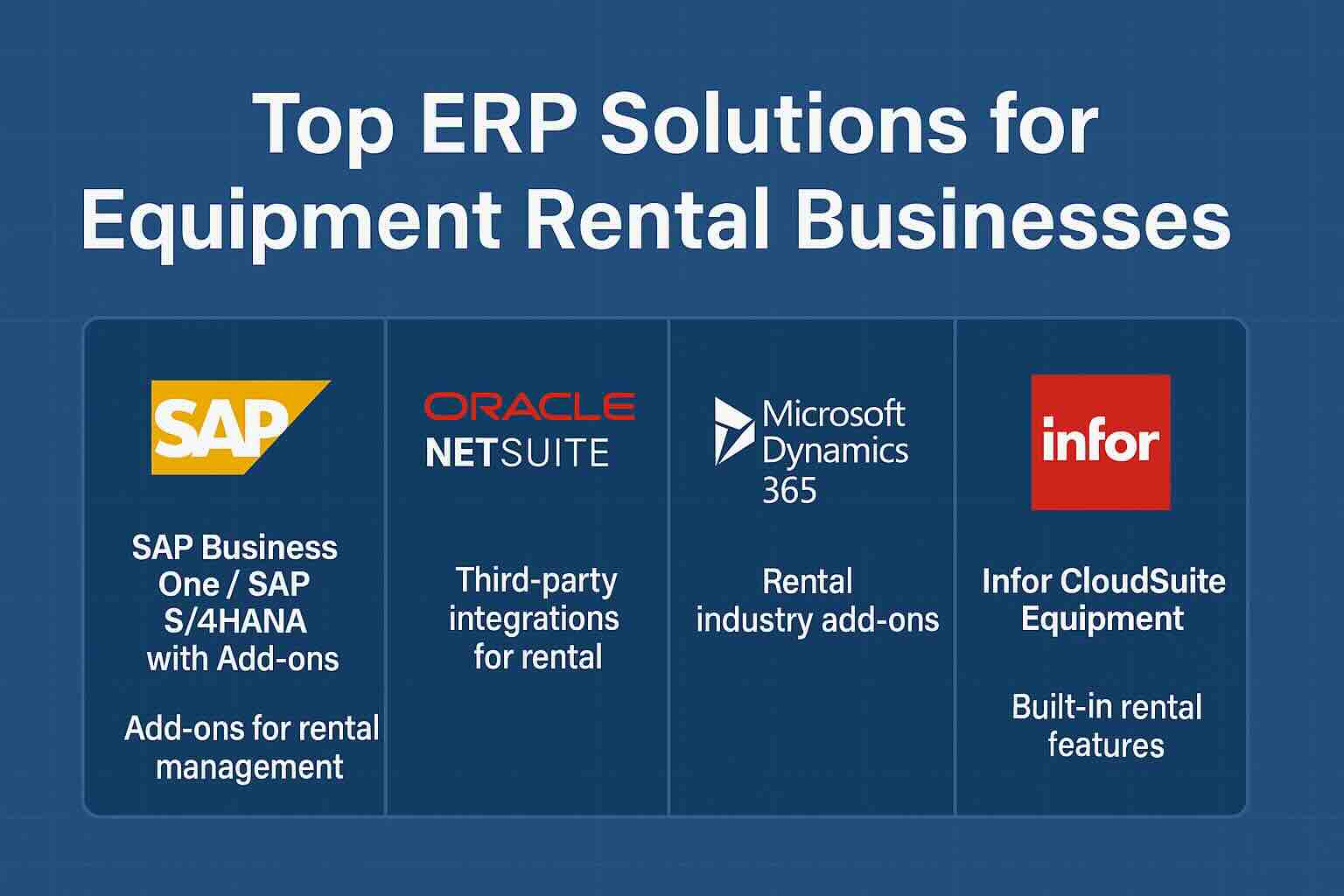SAP Alternatives: The Best ERP Solutions for Your Business

SAP is a dominant player in the enterprise resource planning (ERP) market, offering comprehensive solutions for businesses of all sizes. However, SAP is not always the best fit for every organization. Many businesses seek SAP alternatives due to factors such as high costs, complexity, and the need for a more flexible or industry-specific solution. For organizations looking for cost-effective, scalable, and user-friendly ERP options, exploring alternatives is essential.
Choosing the right ERP system can significantly impact operational efficiency, data visibility, and decision-making. However, selecting the wrong solution may lead to integration challenges, inefficiencies, and unnecessary costs. It is crucial to assess SAP competitors that align with your organization’s specific needs, growth potential, and budget.
Some ERP alternatives are tailored to specific industries, while others provide cloud-based solutions, AI-powered analytics, or better usability. Whether an organization requires a cost-effective solution like Odoo, a finance-focused system like NetSuite, or an enterprise-grade platform like Oracle ERP Cloud, there are many strong options available.
This guide outlines the top SAP alternatives, their key features, and which businesses they best serve. By understanding the strengths of each ERP system, companies can make informed decisions and choose the right solution for their long-term growth.
Top SAP Alternatives in 2025
1. Oracle ERP Cloud
Oracle ERP Cloud is one of SAP’s strongest competitors, offering a full suite of enterprise applications for finance, supply chain, and human capital management.
Key Features:
- AI-driven analytics and automation
- Advanced financial and risk management tools
- Scalable for businesses of all sizes
Best for: Large enterprises and organizations with complex financial operations.
To find out more about Oracle Cloud you can visit this link.
2. Microsoft Dynamics 365
Microsoft Dynamics 365 integrates ERP and CRM capabilities, making it a strong choice for businesses that require a unified business management solution.
Key Features:
- Seamless integration with Microsoft 365
- AI-driven automation and insights
- Modular design for business-specific needs
Best for: Businesses already using Microsoft products.
To find out more about Microsoft you can visit this link.
3. Infor CloudSuite
Infor CloudSuite provides industry-specific ERP solutions, catering to sectors such as manufacturing, healthcare, and retail.
Key Features:
- AI-powered analytics for real-time insights
- Cloud-based platform for scalability
- Customizable for industry-specific requirements
Best for: Companies needing ERP solutions tailored to their specific industry.
To find out more about Infor you can visit this link.
4. NetSuite ERP
Owned by Oracle, NetSuite ERP is a cloud-based solution designed for small and mid-sized businesses.
Key Features:
- Advanced financial management and accounting tools
- Scalable architecture for growing businesses
- Multi-subsidiary and multi-currency support
Best for: Small to mid-sized businesses looking for an all-in-one ERP.
To find out more about NetSuite you can visit this link.
5. Epicor ERP
Epicor ERP focuses on manufacturing and distribution, offering tools to improve supply chain operations and customer interactions.
Key Features:
- AI-powered supply chain and inventory management
- Industry-specific configurations
- Strong analytics and reporting
Best for: Manufacturing and distribution businesses.
To find out more about Epicor you can visit this link.
6. Sage X3
Sage X3 is an enterprise-level ERP built for finance, supply chain, and production management.
Key Features:
- Multi-site and multi-currency support
- Compliance and reporting tools
- Customizable and flexible system
Best for: Large businesses with complex operational requirements.
To find out more about Sage X3 you can visit this link.
7. Odoo
Odoo is an open-source ERP solution that allows businesses to customize their system based on specific needs.
Key Features:
- Affordable and modular
- Strong community support
- Features for CRM, inventory, HR, and finance
Best for: Small businesses and startups looking for a flexible ERP.
To find out more about Odoo you can visit this link.
8. IFS Applications
IFS specializes in asset-intensive industries, such as aerospace, defense, energy, and construction.
Key Features:
- AI-powered asset management
- Strong field service and project management tools
- Industry-specific functionality
Best for: Organizations that manage complex assets and field operations.
To find out more about IFS you can visit this link.
9. Workday
Workday is known for its human capital management (HCM) and financial management capabilities, making it a strong option for HR-focused organizations.
Key Features:
- Real-time financial and workforce analytics
- Cloud-based system with AI-driven automation
- Advanced payroll and compliance features
Best for: Service-based businesses and HR departments.
To find out more about Workday you can visit this link.
10. Acumatica
Acumatica is a cloud-based ERP designed for small and mid-sized businesses, offering flexible pricing and strong integration capabilities.
Key Features:
- Advanced project accounting and financial tools
- Modular system for various industries
- Scalable and cost-effective
Best for: Growing businesses requiring a flexible and scalable ERP.
To find out more about Acumatica you can visit this link.
How to Choose the Right SAP Alternative
When evaluating SAP alternatives, businesses should consider the following factors:
1. Business Size and Industry Needs
- Small businesses may prefer affordable and simple solutions (e.g., Odoo, Acumatica).
- Companies in manufacturing or asset-intensive industries should consider Epicor or IFS.
2. Scalability and Flexibility
- The ERP should adapt to growth and provide customization options.
3. Integration with Existing Systems
- The solution must integrate with existing software (e.g., Microsoft 365, Salesforce).
4. Budget and Total Cost of Ownership
- Costs include licensing, implementation, and maintenance.
- Open-source solutions such as Odoo can reduce long-term expenses.
5. User Experience and Support
- A user-friendly interface improves adoption rates.
- Strong customer support and training resources are essential.
Final Thoughts: Is an SAP Alternative Right for You?
Choosing the right ERP system is a strategic decision that can impact business efficiency and long-term success. While SAP is a well-established ERP provider, businesses can often find alternatives that offer lower costs, better usability, or more industry-specific features.
Whether a company needs a cost-effective solution (like NetSuite or Odoo) or a comprehensive enterprise-grade system (like Oracle ERP Cloud or Workday), there are many strong SAP alternatives available.
Ready to Transform Your Business?
Implementing the right ERP system could be the game-changer your business needs. With our AI-powered Compare ERP tool, you can effortlessly explore and compare solutions tailored to your unique business needs.
Find the perfect ERP solution in less than five minutes. Our advanced engine leverages millions of data points to evaluate 100+ ERP solutions, delivering a personalized recommendation with your top three picks based on your business priorities.
It’s free to use, take the first step toward streamlining your processes and boosting productivity. Start comparing today!

